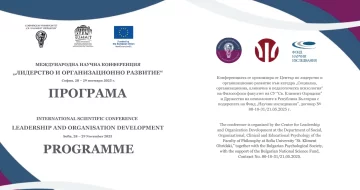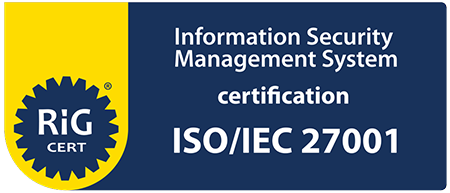Leadership and management often evoke associations of rationality and logic. Traditionally we do not directly relate leadership to emotions. It has even been considered that good leaders keep their minds and decisions away from judgements involving emotional approach.
For almost 20 years emotional intelligence (or EQ, originating from IQ) has been around when we talk about leadership. It was first mentioned in a research paper in 1990 and it took almost a decade after the term was coined for Rutgers psychologist Daniel Goleman to establishthe importance of emotional intelligence to business leadership1. Goleman states:
The most effective leaders are all alike in one crucial way: they all have a high degree of what has come to be known as emotional intelligence […]. Without it, a person can have the best training in the world, an incisive, analytical mind, and an endless supply of smart ideas, but he still won’t make a great leader.
Emotions as a source of information
Our own feelings and those of others around us are also a source of information. An emotionally intelligent person is able to pay attention to these reactions, value them and use this “data” they have gathered and apply it in the processes they manage. Knowing how to respond to others’ emotions and also how your own reflect on them in teamwork leads to more effective communication and less stress.
Five aspects for emotionally intelligent leadership2
The leadership coach Brent Gleeson talks about five aspects of emotional intelligence required for effective leadership2: self-assessment, self-regulation, empathy and compassion, relationship management and effective communication.
As you can see, two of the aspects refer to abilities related to your own self. Emotional intelligence is cultivated from within – that is for sure. But its harvest is when you transfer those inner habits on your interactions with other people. And here comes the tough part: a leader often has to manage communication and relations not only between themselves and other team members, but also within the team. This role is often similar to that of a referee in a much more complex way. Here come in handy skills such as being able to balance, to be objective and empathic, honest and patient.
Emotional intelligence is crucial for a successful leader and that is indisputable3. But besides being “emotionally intelligent”, leaders nowadays need to combine an array of skills, and one of them is staying on the edge of digitalization.
The five pillars which define a successful digital leader
Being up to date with digitalization trends and innovations means that you are one step ahead than most of your competitors and that you are doing what’s best for your and your team’s work.
There is an app developed by stepping on the five pillars which define a strong leader: focus, setting priorities and targets, strong implementation and working on increasing productivity. How does ActExs help you step on all these at the same time? It turns the personal smartphone into a hub for knowledge and project management.
Advance in your leadership competence
Stay focused by having all your content, on or offline, collected in one place. With ActExs, you finally get the paper chaos under control and become the well-organized leader your team needs. Prioritize by adding specific pages to a document or highlighting certain parts. Set the right targets and assign tasks in your team in the most effective way. Define the task, assign a lead and participants, set a deadline and priority. Trainings and smart ideas are now neatly organized within the ActExs sessions. You can add up wisely on your emotional intelligence and become more organized and focused.
Great leaders blend the rational and irrational and make practical use from both of them. They stay focused, organized and always seek new inspirations and ideas. What is more – they follow up and implement them. The short path to this is ActExs.
References:




